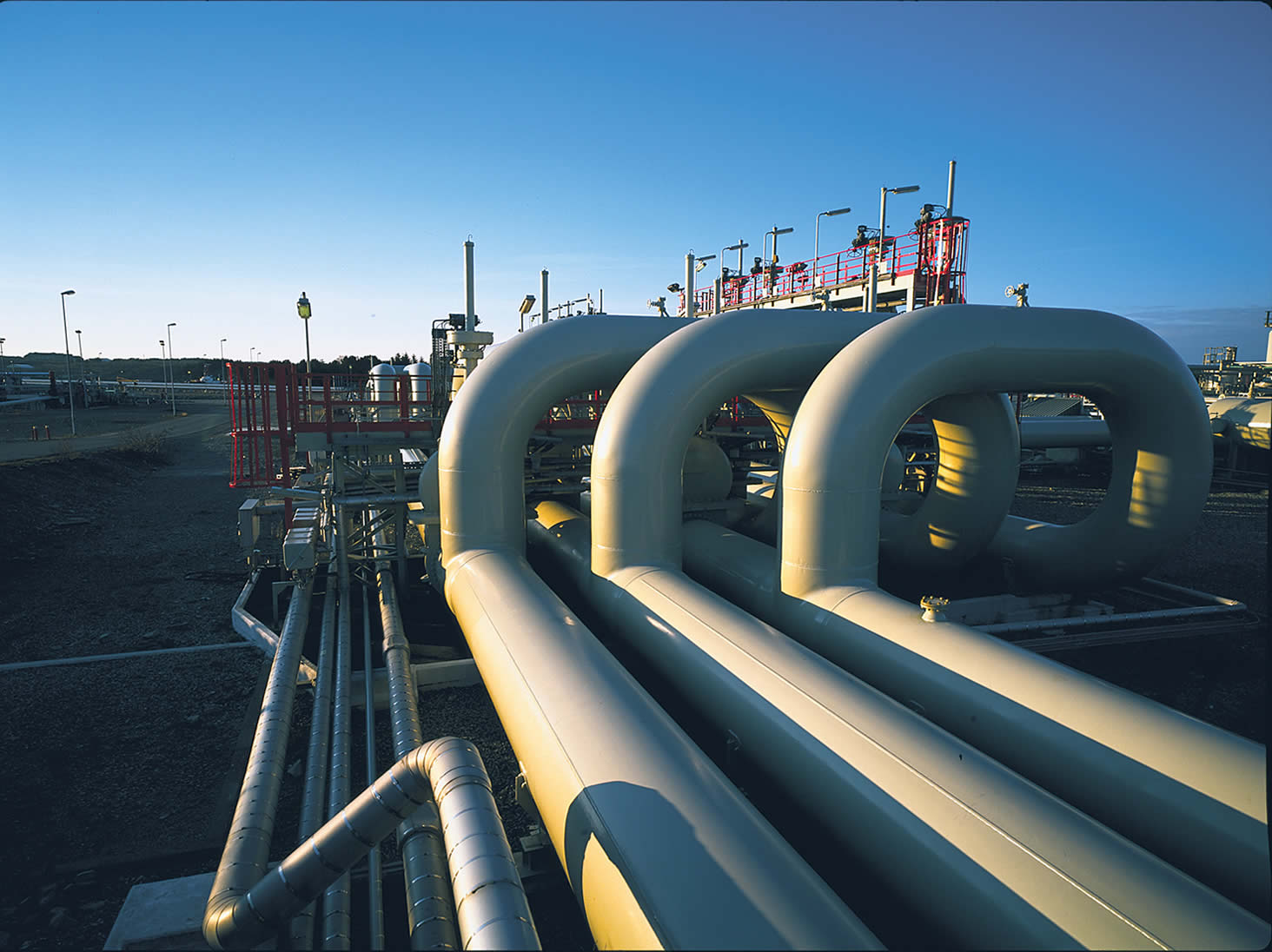Exports of two Nigerian crude oil grades, Qua Iboe and Bonny Light, are set to rise in March.
The country’s largest oil grade; Qua Iboe, will rise to 253,000 barrels per day from 215,000 bpd in March, while exports of Bonny Light will rise to around 242,000 bpd from 174,000 bpd in March.
Qua Iboe was last indicated at a premium of $1.85 a barrel to dated Brent, unchanged from levels last week.
West African crude differentials were said to have held steady on Monday, as Nigerian loading programmes were still emerging and an industry event in London kept activity fairly muted.
Angolan state oil company, Sonangol, was said to have sold out of all its April cargoes, despite the record or near-record high prices for some grades such as Cabinda and Girassol.
READ ALSO: NNPC to upgrade, expand Refineries
A shortage of comparable Iranian grades, as well as heavy sour Venezuelan crude due to the United States sanctions, has left major refiners in countries, such as China, struggling to secure enough distillate-rich cargoes, which has favoured Angolan grades fairly heavily, especially given favourable shipping economics.
Reliance Energy, one of India’s largest refiners, took 203,900 bpd of crude from African exporters in January 2018, compared with 108,500 bpd in January last year.
Taiwan’s CPC, last week, issued a buy tender for light sweet crude for loading in April. The tender remained valid until February 23, but the winner had not yet emerged on Monday.
Taiwan has tended to favour the US crude over West African in the last year. According to Reuters calculations, CPC has not taken any West African crude at a tender since last April.
Last week, S&P Global Platts reported that rising imports of US crude oil into Asia in the past few months would bring stronger competition in the months ahead for crudes from Nigeria and other West African countries.
Nigerian crude was said to have had a difficult time clearing for several weeks, as offer levels were too high to attract buying interest from European refineries, which have been suffering from poor refinery margins on naphtha and petrol.













